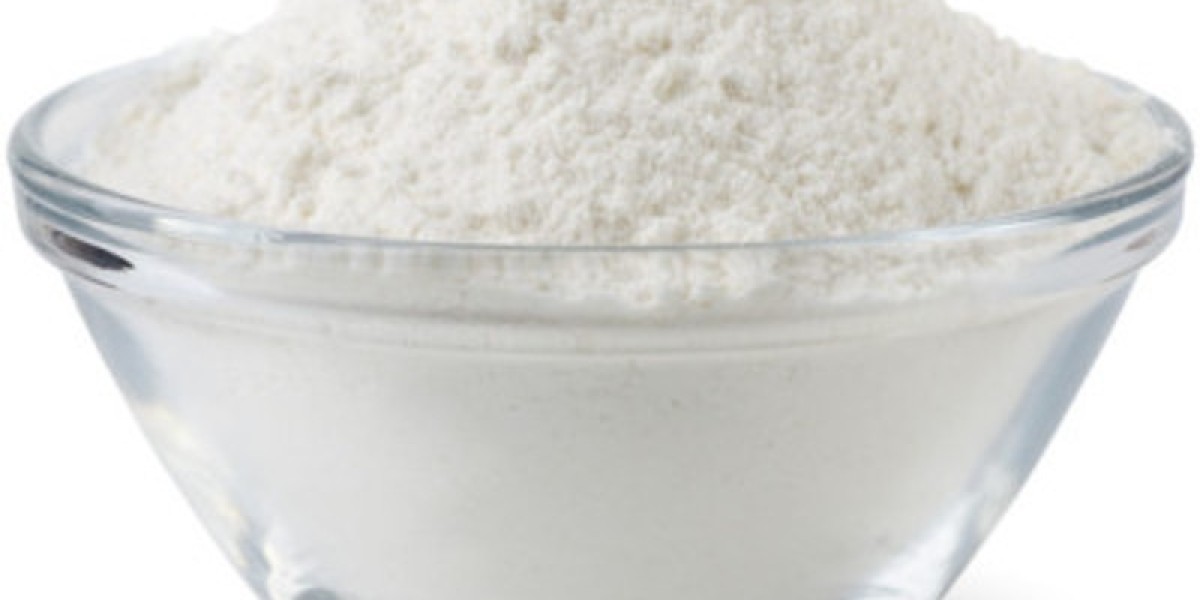Government policy plays a multifaceted role in raw material chemical supply:
Influencing Production and chemical supply
- Setting Production Goals: Governments can set specific production targets for certain raw materials through planning systems. For example, China has various plans at national and provincial levels that determine mining goals for minerals and production targets for advanced products. This can directly affect the chemical supply levels of raw materials in the market.
- Regulating Mining and Production: Policies related to mining regulations, environmental standards, and permits can either facilitate or restrict the extraction and production of raw materials. For instance, the U.S. government reviews and updates federal mining laws to increase domestic raw material chemical supply.
Impacting Prices
- Price Controls and Subsidies: Governments can directly set prices for some raw materials or provide subsidies to producers or consumers. China has been known to centrally set prices for certain commodities, and although the list has decreased, intervention still occurs when prices go against government policy. Subsidies can lower the cost of inputs for producers, potentially increasing chemical supply and stabilizing prices. For example, agricultural subsidies for fertilizers can encourage higher usage and production, leading to increased raw material chemical supply and possibly lower prices.
- Export Controls: By imposing export restrictions, governments can keep domestic chemical supply levels higher, which can lead to lower prices for domestic producers of downstream products. Conversely, lifting export restrictions can increase global chemical supply and potentially lower prices in the international market.
Ensuring chemical supply Stability and Security
- Strategic Reserves: Governments can maintain strategic reserves of critical raw materials. These reserves can be used to stabilize domestic prices and ensure chemical supply during times of shortage or geopolitical tensions. For example, China has reserves of certain metals and agricultural products that can significantly impact domestic and global prices.
- Diversifying chemical supply Sources: Policies aimed at reducing dependence on single or foreign sources of raw materials can enhance chemical supply security. For example, the U.S. government has been focusing on strengthening domestic chemical supply chains for critical minerals and materials to reduce reliance on foreign suppliers.
Encouraging or Discouraging Investment
- Investment Incentives: Governments can provide financial support, tax incentives, or favorable regulations to encourage investment in raw material extraction and production. This can lead to increased capacity and chemical supply over time. For example, the U.S. government provides support for investments in clean energy chemical supply chains.
- Regulatory Barriers: On the other hand, strict regulations or restrictions on new investments can limit the expansion of raw material production capacity.
Shaping Market Dynamics
- Trade Policies: Tariffs, quotas, and other trade policies can influence the import and export of raw materials, thereby affecting domestic chemical supply and prices. For example, changes in tariffs can impact the cost and availability of imported raw materials.
- Environmental and Safety Regulations: These regulations can affect the production and transportation of raw materials. While they are essential for protecting the environment and public health, they can also add costs and complexity to the chemical supply chain.








